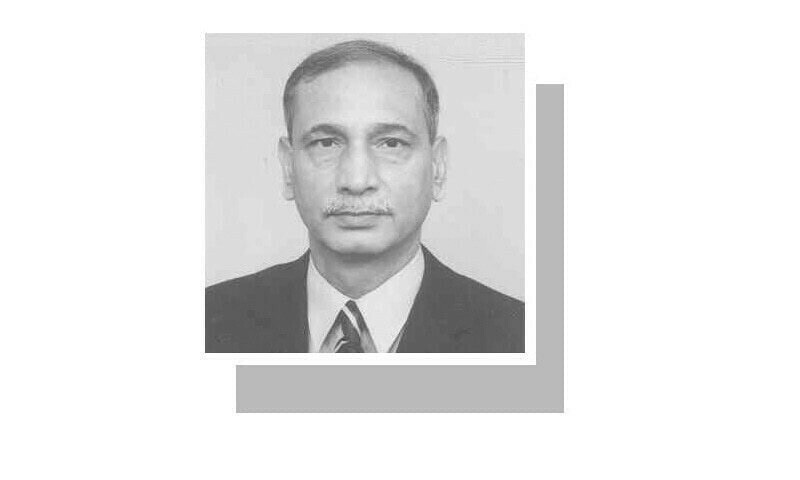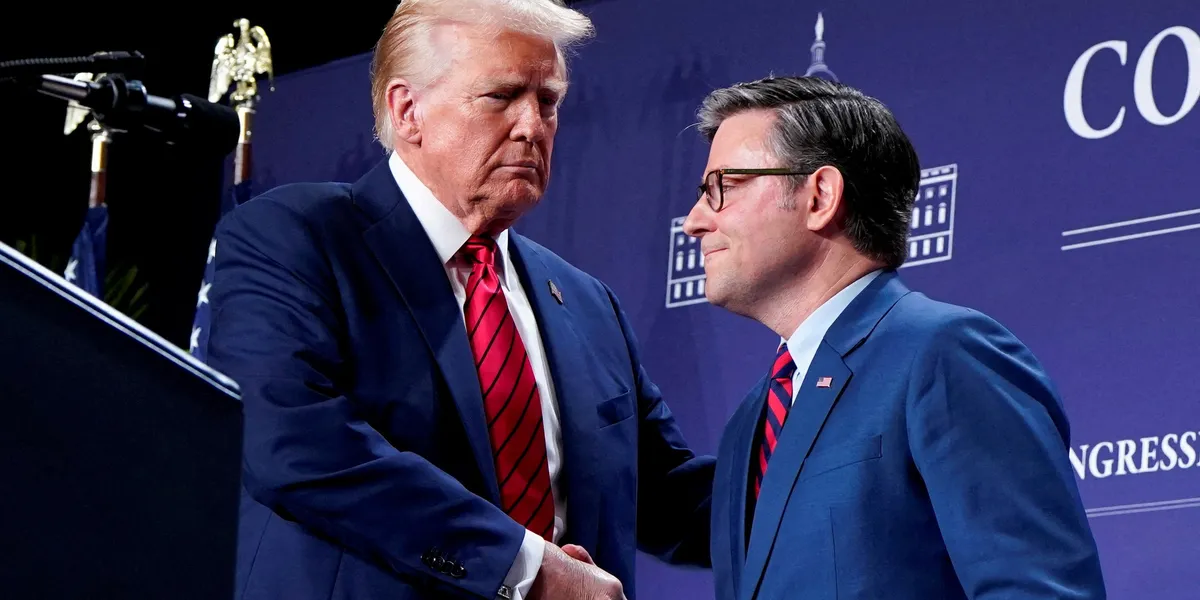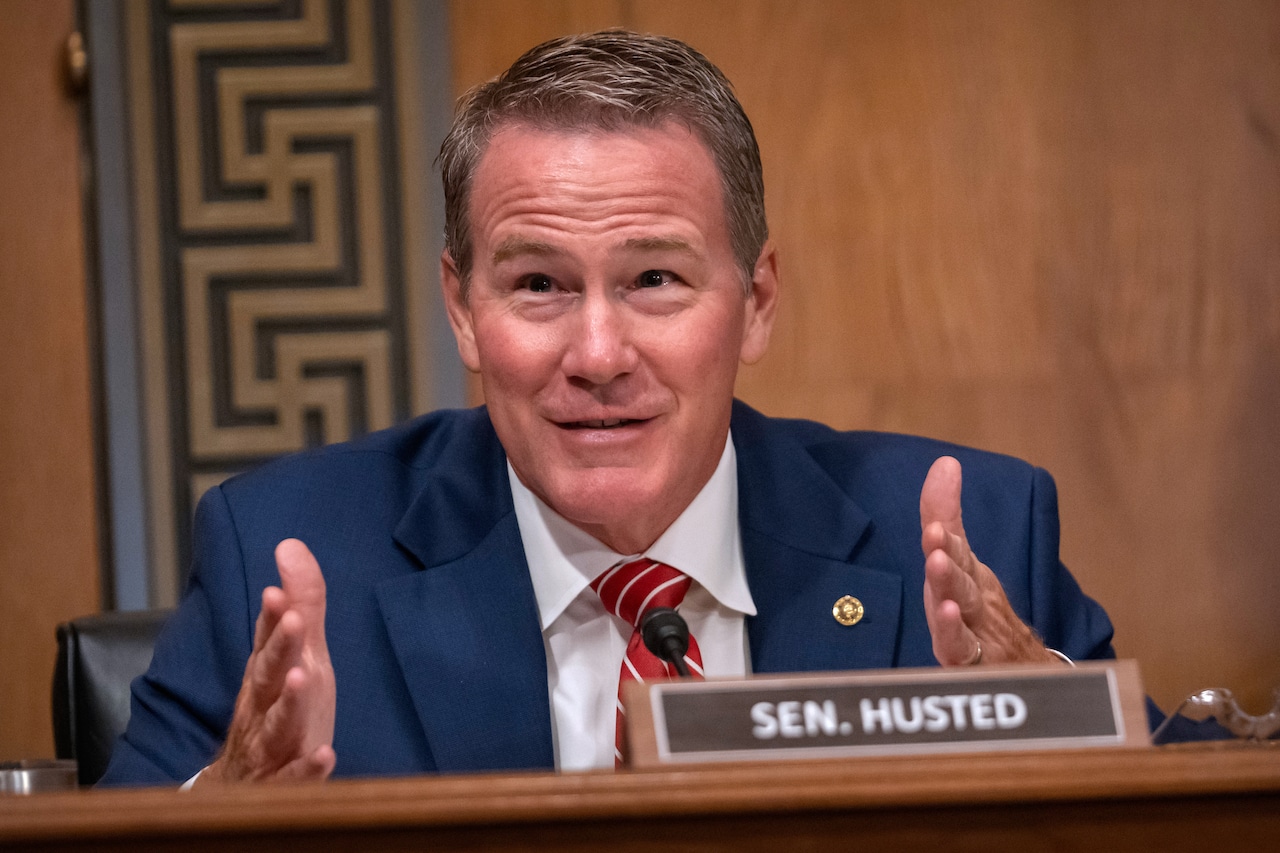By Tariq Khosa
Copyright dawn

IT is an era of epic absurdity. A new world (dis)order is leading to conflicts, violence and wars. A tide of discontent is sweeping across the globe. South Asia is no exception. The recent state of turbulence can be traced back to the year 2022. Sri Lanka witnessed mob violence and anger amidst an economic meltdown. The presidential compound was taken over by a mob. Essentially, it was a strong and violent reaction to elite capture, inequality and injustice. The youth were in the vanguard of the movement for change. The Sri Lankan army helped defuse the situation by nudging political and institutional stakeholders to find a solution through a fair electoral process for change in accordance with the wishes of the true sovereign, ie, the people of Sri Lanka. The country’s armed forces supported a democratic process to resolve the crisis. The resultant election, generally perceived as fair, brought a new and younger leadership to power. The people who voted broke the shackles of dynastic politics. It was an attempt to restore order by following the will of the people.
Bangladesh was next. After transitioning from military rule, it was thought that democracy would be sustained through a fair electoral process. The dream went sour. The founding father’s party, which had been ruling for almost 15 years, was removed through a strong protest movement primarily led by students. Angry youth turned violent when the state apparatus resorted to coercive tactics. A recruitment quota issue regarding preferential treatment for the ruling junta became a bone of contention. Peaceful protests turned violent when the state used brutal force. The Rapid Action Battalion, a central civil armed force, like the FSF of the 1970s in Pakistan, was unleashed to quell the disturbances. Police were the main instrument of state oppression, injuring and killing protesters, knowing they had the blessings of the ruling elite. Hundreds of youngsters lost their lives in a matter of weeks. It was mayhem. The armed forces could not stay aloof. Although the army chief was a relative of and appointed by the besieged prime minister, he wisely managed her resignation, while providing her a safe passage to India. The army command consulted the student leaders, and the reins of power during the transition stage were handed over to Dr Muhammad Yunus, the widely respected octogenarian Nobel laureate. A cabinet of technocrats and professionals is in charge of steering the nation towards the democratic process, with elections planned for next February. It remains to be seen whether the political process will be affected by the banning of a major political party from contesting the elections.
Nepal is the latest. The outrage there was sparked by a social media ban. A peaceful protest by Gen Z turned violent on Sept 8-9 and mobs set fire to parliament and court buildings. The homes of cabinet ministers were attacked and vandalised. Scores of people died; hundreds were inju-r–ed. The young people’s frustration had been buil-ding for a long time against the perceived lack of action by successive governments to tackle corruption and boost economic opportunities. The rest–less youth shook the political order. The arm-ed forces tried to restore order, with the leaders of agitating students in touch with the military command to put in place a credible and competent caretaker administration and steer the nation to–w–ards democratic good governance. The Inter-national Crisis Group called it a “major inflection point in the country’s uneasy experience with de–mocratic rule”. It is yet another test case of dealing with the crisis in accordance with the true as–pirations of the people. This paper has cautio-ned other countries in the region to “be wise to see in Nepal not chaos to dismiss, but a warning to heed”.
This brings us to Pakistan. Should we heed a warning and learn lessons from turbulence in our region? Is our romance with democracy over? Are we content with the current hybrid dispensation? The elections in February 2024 were perceived to be blatantly rigged, thus casting justifiable doubts over the present ruling coalition’s legitimacy. Par-liament is an instrument to rubber-stamp legislation influenced by unelected stakeholders. Critics say that the passage of the 26th Consti-tutional Amendment exposed behind-the-scenes manoeuvres. The reputation of the judiciary as an independent institution and a guardian of citizens’ fu–ndamental rights has been undermined. The Ele-ction Commission, it seems, has no autonomy. The National Accountability Bureau is an instrument of political victimisation. Bureau-cr–acy, instead of being the steel frame of our ad–m-inistration, comprises mostly pliant officers, willing to fulfil all the improper demands of the rulers. They act like courtiers in the durbars of the ruling dynasties. The police are generally going through the worst phase of high-handedness and are perceived as blatantly misusing their authority.
Should we not heed a warning and learn lessons from turbulence in our region?
The ruling dispensation should get out of the complacency trap. The veil has been lifted by a recent eye-opening report by Amnesty Internat-ional about how deeply deployed the mass surveillance system is in Pakistan, thanks to technology provided by foreign companies. Titled Shadows of Control,the report sheds light on our censorship regime, with virtually no transparency or judicial oversight. There is constant “snooping on the lives of ordinary citizens”, says Amnesty. This dystopian reality is extremely dangerous. The undercurrents of resentment and discontent cannot be ignored by those who are currently at the helm. The aspirations of Pakistan’s young people need to be fulfilled. They want to be treated well by the state. It is their right to have dignity, respect and honour as citizens. It is the duty of the state not to deny them these rights. Suffocation can lead to explosion. Let them breathe.
The current governance roadmap being followed must be redrawn to ensure equity and inclusivity. Hope springs eternal in our quest for justice.
The writer is a former inspector-general of police.
Published in Dawn, September 19th, 2025



